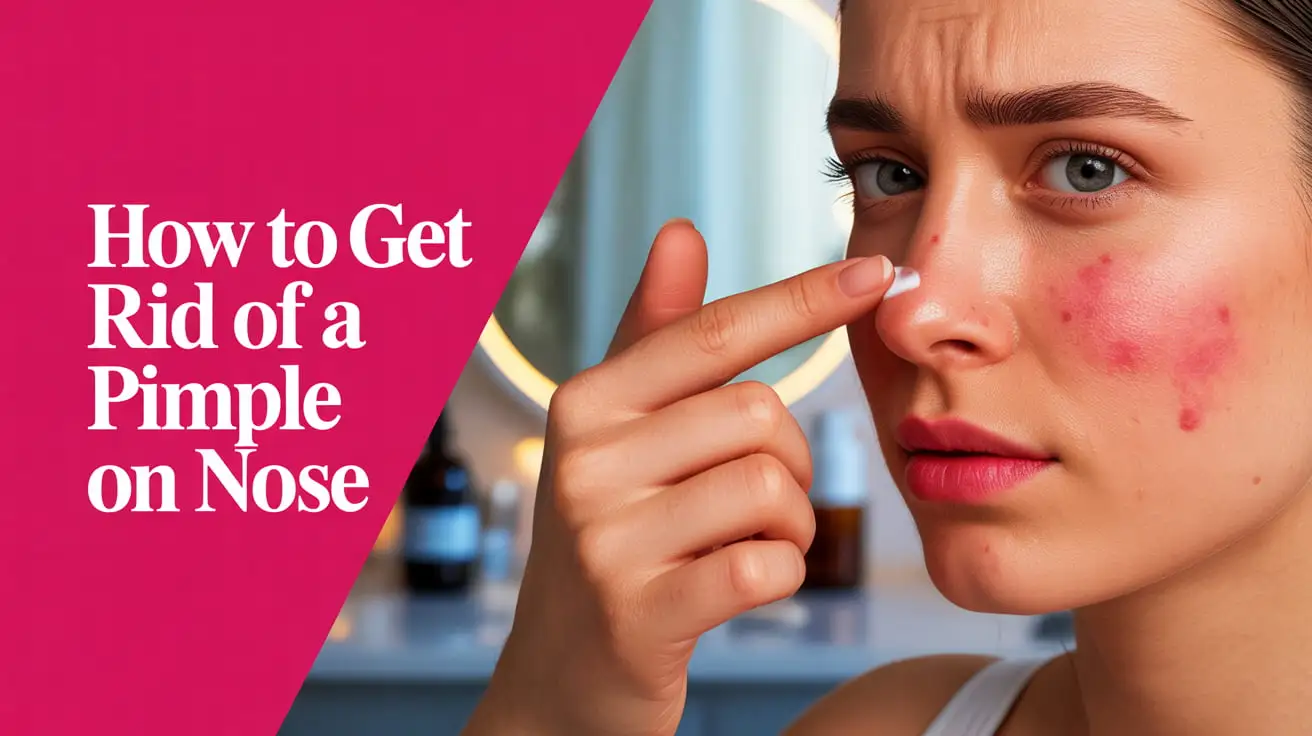Skin tone has been a point of fascination and debate for generations. Among the many discussions, light skin women have often been viewed through a specific lens, influenced by historical, cultural, and societal norms. But what exactly does it mean to be a light skin woman, and why is this skin tone so often associated with beauty?
Table of Contents
ToggleLet’s explore the complexities of light skin women, their experiences, and the reasons behind the fascination with this Skin Beauty.
What Does a Light Skin Girl Mean?
When people refer to a “light skin girl,” they are talking about women whose skin tone falls on the lighter end of the spectrum. This could range from very fair, almost porcelain-like skin to a light caramel or golden brown hue. While the term is often used to describe light skin Black women, it can apply to women of various ethnic backgrounds.
It’s essential to note that the perception of light skin isn’t just about the skin’s color but also about how it has been portrayed in media and society. For instance, in the Black community, light skin is sometimes associated with privilege, beauty, and a different kind of social status. However, this view can be limiting, as it doesn’t capture the full spectrum of beauty that exists in various shades.
Why Are Light Skin Women Considered Attractive?
The idea that light skin women are inherently more attractive has deep historical roots. In many cultures, lighter skin has been associated with wealth, as the lighter-skinned elites were not exposed to the sun in the same way that working-class people with darker skin were. Over time, these ideals became ingrained in society, especially in Western cultures, where lighter skin was idealized in films, advertisements, and beauty standards.
Psychologically, lighter skin is often associated with being “flawless” or “youthful.” This is a common theme in media, where light skin is frequently portrayed as clear, smooth, and radiant.
However, it’s important to remember that beauty is highly subjective. While many may find light skin attractive, others are equally drawn to darker skin tones, celebrating the beauty in diversity.
Light Skin Black Women: The Unique Experience
Being a light skin Black woman brings a mix of experiences that can be both empowering and challenging. In some instances, light skin women might experience certain privileges, such as being perceived as more “exotic” or “easier to look at” based on society’s long-standing biases.
However, these advantages don’t shield them from the realities of colorism, a form of discrimination based on skin tone, that often pits lighter-skinned individuals against those with darker skin.
This complex dynamic often places light skin Black women in a position where they are neither fully accepted by those with darker skin nor completely embraced by mainstream beauty standards.
These women might feel disconnected from both groups, experiencing prejudice in various forms despite their “lighter” appearance. Yet, despite these challenges, many light skin Black women take pride in their identity, challenging stereotypes and celebrating their unique beauty.
Light Skin Black Women with Freckles: Embracing Natural Beauty
Freckles are a beautiful, unique feature that many light skin women, especially light skin Black women, possess. These natural spots, which appear due to the production of melanin, are often celebrated in today’s beauty world. Freckles on light skin have become a sign of individuality and charm. For women who proudly showcase their freckles, it’s a symbol of embracing natural beauty.
Rather than being seen as imperfections, freckles have gained a sense of uniqueness, especially among light skin women. This shift is part of a broader movement in beauty standards, where individuality and natural features are becoming more accepted and adored.
Women with light skin and freckles are now seen as embracing their authenticity, setting an example for others to follow.
Do Men Prefer Light Skin Women?
The question of whether men prefer light skin women is complex. Some studies suggest that, historically, there’s been a societal preference for lighter skin due to cultural biases and media portrayals. However, preferences in relationships vary widely among individuals.
While some men may express a preference for light skin, many are equally attracted to dark skin or a range of skin tones.
What’s clear is that men’s attraction is shaped by more than just skin tone. Personality, connection, shared interests, and confidence are far more influential in determining the success of any relationship. Beauty is multi-dimensional, and skin tone is only a small part of the overall package.
What Color Is Considered Light Skin?
Light skin refers to tones that are Fair Skin or lightly tanned. It can range from porcelain white to light caramel. This is typically contrasted with medium or dark skin tones, which are richer in melanin and appear deeper in hue.
However, it’s essential to recognize that skin tone is highly subjective, and the way people perceive light skin can vary depending on cultural and environmental factors.
Am I Dark or Light Skin?
This is a common question, especially for those with medium skin tones that fall between dark and light. Determining whether someone is “dark” or “light” is not always straightforward. What matters most is how individuals feel about their skin and embracing their unique complexion. There is no right or wrong skin tone—every shade is beautiful.
Final Thoughts
The conversation around light skin women is much more than a discussion about beauty standards. It’s a conversation about identity, culture, and the complex ways society views and values different skin tones.
While light skin women may face specific advantages or challenges, what truly matters is how they define themselves and embrace their natural beauty.
In the end, every skin tone has its own unique charm, and beauty comes in all shades. Let’s continue to celebrate diversity and recognize that true beauty lies in confidence, individuality, and how we see ourselves—not in the color of our skin.
References:
- Dr. Francesca Fusco, a dermatologist, often discusses the impact of skin tone on skincare and beauty standards.
- Skincare Brands: Neutrogena, The Ordinary, and Fenty Beauty promote inclusive beauty for all skin tones.
- Studies on Colorism: Research into how light skin is viewed in different societies and cultures has shown that media often plays a major role in shaping perceptions.


